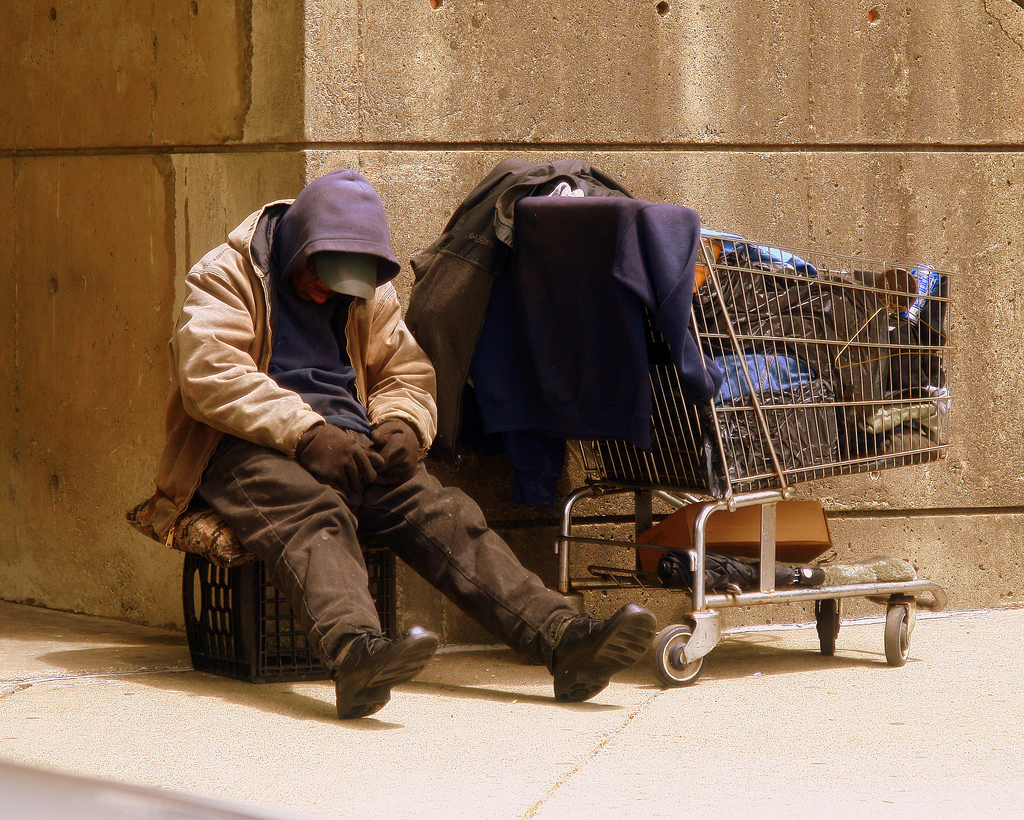Jefferson County residents voiced their concerns Thursday at the Jefferson County Commission meeting over a new county ordinance that limits drag performances in front of minors.
Jefferson County residents voiced their concerns Thursday at the Jefferson County Commission meeting over a new county ordinance that limits drag performances in front of minors.
The ordinance bars minors from attending what it defines as “Adult Live Performances” featuring obscene or sexual material — the ordinance defines that as “nudity, stimulated sexual acts, lewd behavior, and other obscenity.”
County Commissioner Jennifer Krouse, who introduced the ordinance, said it’s intended to keep kids out of “obscene situations.”
Violators could face a $500 fine or 30 days in jail on first offense, and a $1,000 fine and six months in jail for subsequent convictions.
The above screenshots are screenshots of the draft version of the ordinance that was passed by the Jefferson County Commission on Thursday, June 1, 2023. Credit: Jefferson County Commission
Though drag is not specifically mentioned in the ordinance’s text, citizens attending a public meeting say its wording is similar to anti-drag laws passed in other states, like Tennessee’s Senate Bill 3, and goes against the First Amendment rights of the LGBTQ community, for whom drag is a tradition.
“My concern is that it’s going to be used to create issues for LGBTQIA people, and especially trans people in our community,” Jefferson County resident Kelly Pannill-Perkins said. She was present and made comments during a lengthy public hearing portion of the meeting. “I’m also concerned it’s going to unnecessarily prohibit our theatrical and music and dance productions in our area, which are vital to not just our culture, but our economics in this region.”
That sentiment was echoed by Bill Veldran, a Charles Town resident who has performed in drag for 25 years.
“Does this ruling mean that if I step out of my house in drag, that I could be attacked by the police?” Veldran said. “It’s so vague, for one thing, and it just seems to encompass everything.”
The American Civil Liberties Union’s West Virginia branch also addressed the ordinance Thursday afternoon, tweeting, “If this ordinance is used in any way to quell the rights of performers, we will not hesitate to take swift action.”
Commissioner Krouse responded to concerns following the meeting.
“I’ve been to a drag show, I had a great time. It was fun,” Krouse said. “There was no reason to have kids there. It was not a political thing, but it was funny, it was light-hearted, nothing serious about it. These days, that’s changed. It’s become overtly political. It’s become very, very sexual in nature.”
The ordinance passed 3 to 2 after a committee discussion. Opposition included Jefferson County Commission President Steve Stolipher, who advocated for a public hearing before the ordinance’s passage.
A similar bill at the state level, Senate Bill 253, was also introduced during the 2023 West Virginia Legislative session. It was sent to the Senate Judiciary Committee but did not make it past the Senate before the session’s end.
